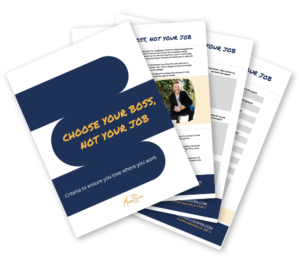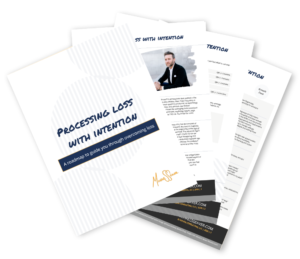What percent of your day is spent living your life’s mission?
Many executives I interact with seem to be distributing their time towards activities they think will make them money, make them appear powerful or give them a synthetic boost of confidence. Unfortunately, our society’s maniacal focus on this personality ethic produces poor outcomes for humans who actually desire to create a long, happy and healthy life.
Gallup tracks the percentage of the American workforce that is engaged at work. Meaning, they like, are committed to and enthusiastic about their jobs. That number has hovered around 33% since early 2014. Roughly 52.7 million Americans are engaged. Roughly 107 million do not enjoy what they do professionally. Another 94.6 million exited the workforce altogether and aren’t included in the government’s employment statistics.
Does that strike you as odd? Why is it that we place so much value on the adoration of money, fame and “success” through hierarchical systems that rarely contribute to human well being? Many of the systems we use today were valuable in the 1800s, but human consciousness has advanced and spurred the need for more holacratic systems that foster opportunities for individuals to use their strengths, learn continually and live their life’s mission. Thankfully, the millennials are leading this charge.
In my coaching experiences, I’ve seen drastic improvements in relationships, well being, confidence, ability to overcome fears, emotional intelligence and engagement when I watch others redefine their time using these five steps.
1. Define Your Life’s Intention. This is your why. Your personal mission. Your never-changing purpose. The fastest way to determine this is to think about the person (the mentor) you needed when you were younger… and be that person to others today. Examples of Intention statements include: I am a servant leader and trusted advisor who stewards resources to empower individuals and uplift humanity. I exist to educate, empower and reward others so they lead innovative and autonomous lives. I exist to travel the world helping other women believe in themselves and the contribution they’re making to society.
2. Choose Your Channels. After you’ve set your Intention, there is value in becoming selective in how you distribute your time. Whether to a full-time job, part-time job, owning a small business, being a member of professional association, volunteering with a nonprofit, continuing education or engaging an alumni association or being active in a faith-based group, choose channels where you’ll be surrounded by like-minded people who encourage you to continuously improve. After all, you are the average of the five people you spend the most time with.
3. Establish and Use Repeatable Systems. I’ve seen really “successful” people fail recurrently at not achieving goals. Most often, the fear of the potential changes that accompany achieving that goal stop the person from even taking the first step. In Angela Duckworth’s book, Grit, we learn long-term success is achieved through small, disciplined steps taken each day. Goals are good for planning your progress, but repeatable systems are best for actually making progress. Prepare your week’s meals Sunday night. Go to the gym the same time each day. Use a spreadsheet to track networking interactions. Send a hand-written thank you card after important meetings. Choose the systems that help you be productive in the channels that best support your Intention.
4. Complete Your Most Difficult Tasks Early. Dan Ariely, author of Predictably Irrational, found that you have a 2-2.5 hour window of peak productivity where your brain is acutely aware and you can get your most cognitively demanding tasks done. For most, this occurs roughly one hour after you wake up. Instead of scrolling through social media after your alarm goes off, find a quiet place to accomplish your day’s most difficult project. You will feel more accomplished and move into the rest of your day with confidence.
5. Do Not Multitask. Thinking you’ll accomplish more tasks if you answer emails while participating in a conference call may not always be true. Although humans are capable of doing two things simultaneously, it is impossible to concentrate on two tasks simultaneously. The switching cost of transferring your concentration causes a disruption in your performance. The probability that you’ll miss an important line in a contract, not hear your name being called or skip over an email from your boss are higher. The quality of your work product drops. If you desire to better manage your time, block your calendar for important tasks and limit as many distractions as you can.
Consider working through the above steps. Having the discipline to facilitate change in how you distribute your time isn’t easy, but it’s worth it. You’ll likely be more happy and healthy. You’ll be more engaged in the projects you work on. The percentage of your day you’ll be working on things you care about will increase. And, you’ll feel more confident in overcoming your fears.
Set a calendar reminder for six months from today and, on that date, ask yourself, “What percent of my day is spent living my life’s mission?”.
I bet you’ll be happy with your response.






Connect with me